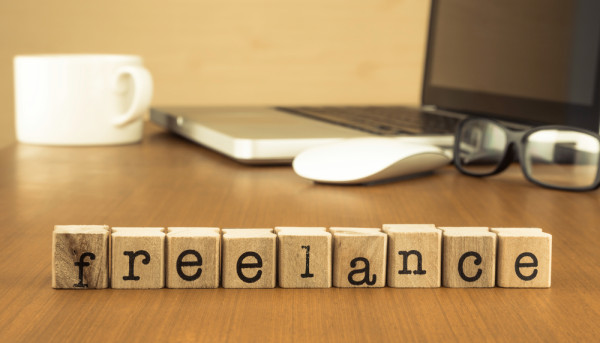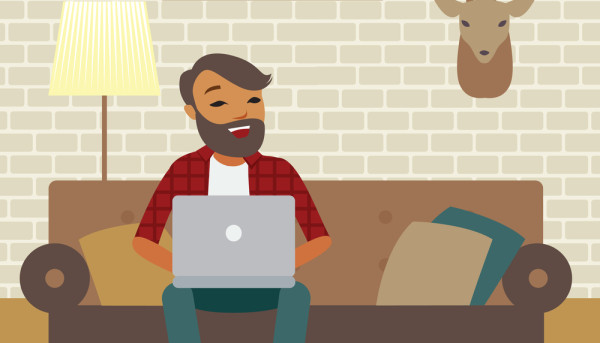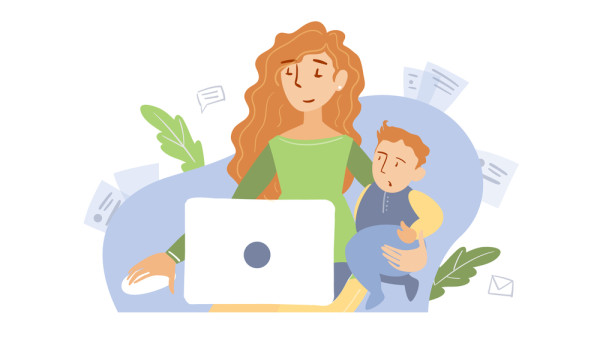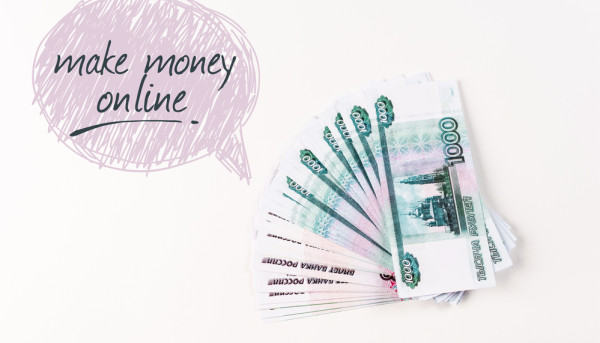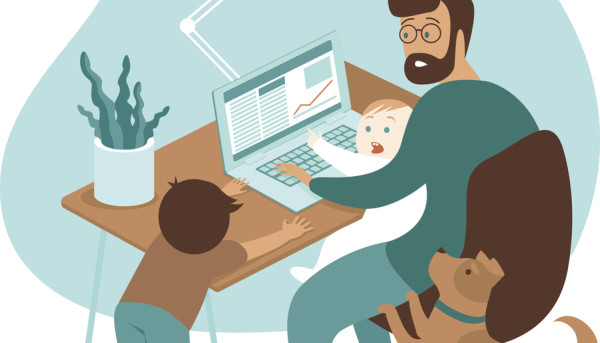Isaac is a senior at the University of California, San Diego, studying Journalism. Hailing from San Francisco, Isaac is particularly interested in writing about global politics and the effects of climate change. When not on deadline, Isaac enjoys playing acoustic guitar and taking long walks through the city. He dreams of writing for an international news outlet.
